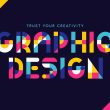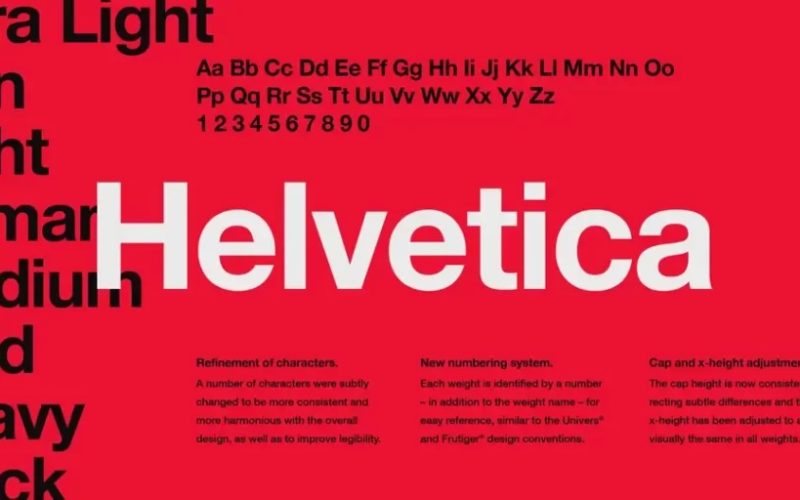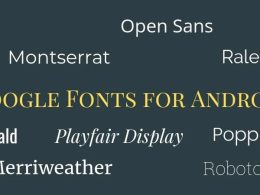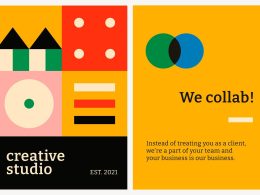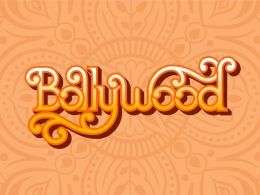Fonts are more than just a means of communication; they shape the way we perceive and interact with text. Over the years, some fonts have stood the test of time, becoming iconic in the world of design. Here’s a look at the top 10 best fonts of all time, celebrated for their impact, versatility, and enduring appeal.
1. Helvetica
Overview
Helvetica, designed by Max Miedinger and Eduard Hoffmann in 1957, is a sans-serif font known for its clean, modern, and highly legible design. Its neutrality and versatility make it a staple in both print and digital media.
Use Cases
- Corporate branding
- Signage
- User interfaces
2. Times New Roman
Overview
Times New Roman, created by Stanley Morison and Victor Lardent in 1932, is a classic serif font known for its readability and traditional look. It’s widely used in academic and professional contexts.
Use Cases
- Newspapers
- Academic papers
- Business documents
3. Arial
Overview
Arial, designed by Robin Nicholas and Patricia Saunders in 1982, is a sans-serif font that has become one of the most widely used typefaces. Its simplicity and versatility make it a popular choice for both digital and print media.
Use Cases
- Web design
- Office documents
- Marketing materials
4. Garamond
Overview
Garamond, attributed to Claude Garamond in the 16th century, is a serif font renowned for its elegance and readability. Its timeless design has made it a favorite for book printing and high-end publications.
Use Cases
- Books
- Magazines
- Luxury branding
5. Futura
Overview
Futura, designed by Paul Renner in 1927, is a geometric sans-serif font characterized by its clean lines and modernist approach. Its distinctive style makes it ideal for contemporary designs.
Use Cases
- Advertising
- Modern branding
- Editorial design
6. Bodoni
Overview
Bodoni, created by Giambattista Bodoni in the late 18th century, is a serif typeface known for its high contrast and stylish appearance. Its classic elegance makes it suitable for sophisticated and high-end designs.
Use Cases
- Fashion magazines
- Luxury branding
- High-profile events
7. Comic Sans
Overview
Comic Sans, designed by Vincent Connare in 1994, is a sans-serif font known for its informal, friendly appearance. Despite its controversial status, it remains popular for casual and playful contexts.
Use Cases
- Children’s materials
- Informal communications
- Educational content
8. Georgia
Overview
Georgia, designed by Matthew Carter in 1993, is a serif font created for screen readability. Its classic design and readability make it a great choice for web content and digital documents.
Use Cases
- Websites
- Blogs
- Online articles
9. Didot
Overview
Didot, designed by Firmin Didot in the late 18th century, is a serif typeface known for its high contrast and refined appearance. It’s often used in fashion and luxury branding.
Use Cases
- Editorial design
- Fashion magazines
- High-end branding
10. Avenir
Overview
Avenir, created by Adrian Frutiger in 1988, is a geometric sans-serif font that combines modernity with a touch of warmth. Its clean and versatile design makes it suitable for a wide range of applications.
Use Cases
- Corporate design
- User interfaces
- Advertising
Conclusion
These top 10 fonts have each made a significant impact on design and typography. Whether you’re working on a classic print project or a modern digital campaign, these typefaces offer timeless appeal and versatility. Choosing the right font can elevate your design, ensuring it resonates effectively with your audience.





